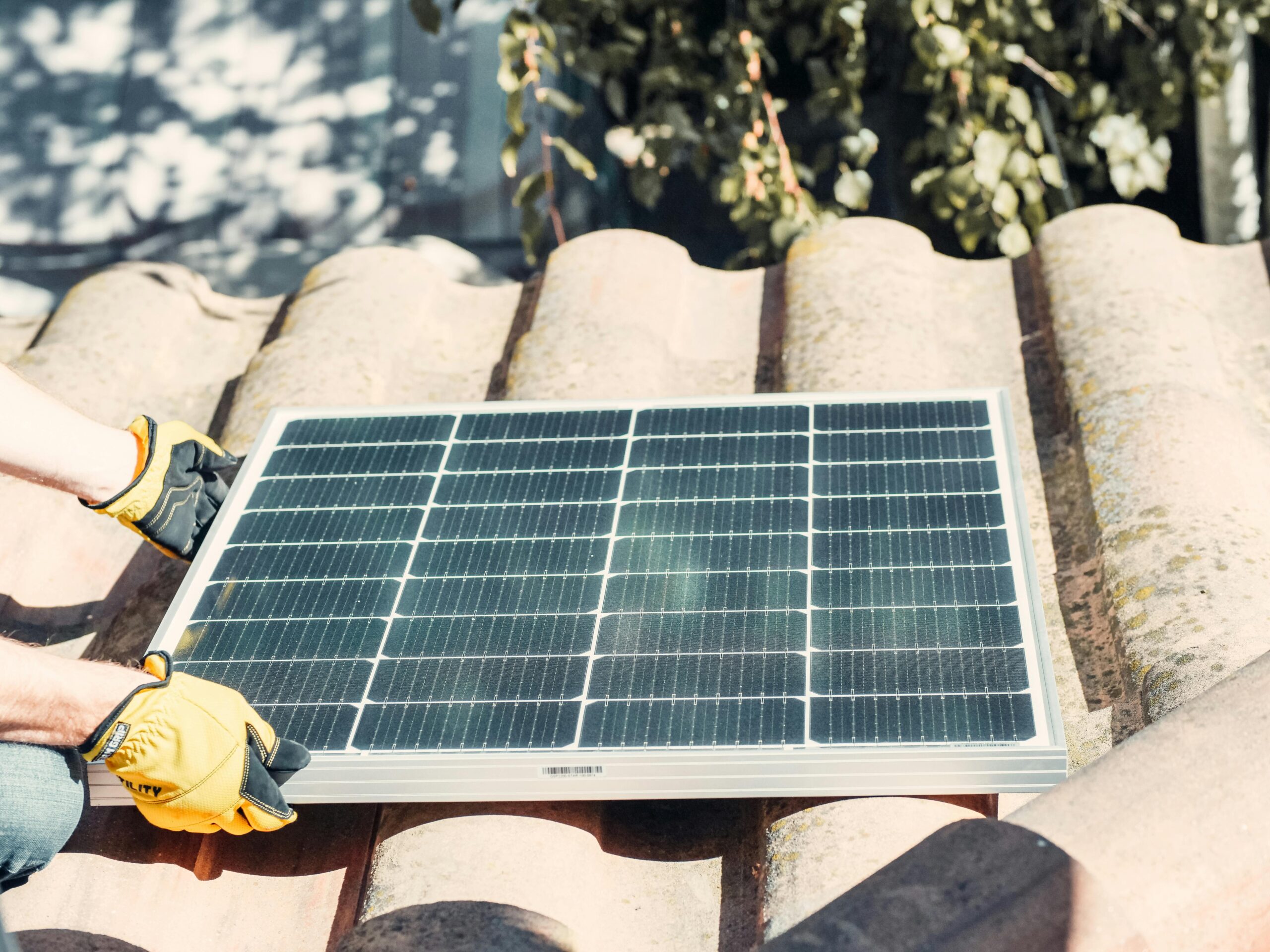Welcome to the world of solar energy. You have no doubt heard of this alternative energy source and its potential to mitigate climate change effects. A significant step in this journey encompasses the solar renewable energy panels installation. Before you jump on the solar train, educate yourself about the pros and cons of such installations. After all, knowledge empowers you to make an informed decision. Let’s unravel the mystery in the solar panel debate; eco benefits versus drawbacks.
Understanding Solar Energy
First, it is crucial to understand what solar power implies before delving into its pros and cons. Solar energy uses sunlight to generate electricity. The process is made possible by photovoltaic cells that convert sunshine into usable power. It is a clean, renewable, and sustainable energy source. However, despite these attractive features, it also comes with some drawbacks that need consideration.
Eco Benefits Of Solar Energy
On one side of this debate stand the applaudable eco benefits offered by solar energy. The positives for the environment are undeniable and significant, making solar power a viable solution for an eco-friendlier future.
Reduced Carbon Emissions
You must know that there is a global race against time to lessen greenhouse gas emissions. Here, solar energy offers a solution. Unlike fossil fuels, solar power emits no harmful carbon during energy generation, so every conversion to solar directly reduces your carbon footprint.
Sustainable And Renewable Energy Source
You can awaken every morning knowing sunlight will be there to power your day – it’s a truly sustainable power source. Suppose batteries store excess energy from sunny days; in that case, it can remain a steady supply even during gloomier periods or traditional peak usage times such as early evenings.
Water Conservation
Unlike conventional energy generation that uses a significant amount of water, solar energy production does not require water. Thus, adopting solar implies saving precious resources.
Drawbacks Of Solar Energy
The flip side of the coin presents the drawbacks that come with solar power, important factors that need attention before taking a firm stand on its adoption.
High Initial Costs
In case you are considering switching to solar power, be prepared for the steep upfront costs associated with the installation of solar panels. This investment is significant and can act as a barrier to many people wishing to embrace cleaner energy sources.
Dependency On Weather Conditions
Solar energy generation highly depends on the availability of sunlight. Adverse weather conditions, extended periods of cloudiness, or geographic location can impact the efficiency of your solar panels.
Storage Issues
Storing solar energy for use during non-sunny periods requires battery systems, which can be costly. Moreover, these systems need maintenance and eventual replacement, adding to overall expenses.
Solar Panel Waste
While it is true that solar panels help reduce carbon emissions, they also generate waste at their end-of-life. Handling and recycling this waste presents yet another environmental challenge that has yet to be fully addressed.
Land Use And Habitat Impact
Larger scale solar farms require substantial land availability. This could interfere with local ecosystems or displace wildlife and plants in natural habitats depending on location and size.
The Way Forward In The Solar Debate
Having explored the benefits and drawbacks of solar energy, it’s time to reconcile these opposing aspects. While knowing no energy source can be perfect, it is essential to find a balance that works for the planet and for you.
Investing In Solar Energy Technologies
Fiscal investments in solar energy technologies can ease the financial burden experienced during installation. Many governments offer incentives, grants, or tax credits to incentivise residential and commercial solar power utilization.
Implementing Adequate Policies
Through policies, lawmakers can ensure proper handling of end-of-life solar panels. Regulations can prompt tech companies to produce more configurable panels or improve recycling protocols.
Adopting Integrated Land Management Practices
To avoid habitat disruption, integrated land management practices can be adopted. Guidelines should encourage installing solar panels on rooftops or disturbed lands rather than natural habitats.
Final Thoughts
Solar energy holds immense potential as a greener alternative, but it is not without challenges. By remaining informed and pushing for technological improvements and responsible laws, you can advance this promising energy frontier. As individuals and societies choose to transition, continue weighing benefits against drawbacks and make choices that promote sustainability while taking care of your home’s and the earth’s needs.

